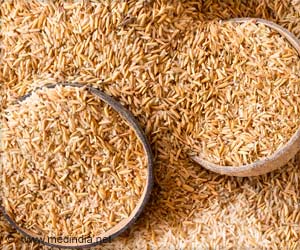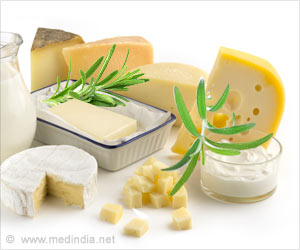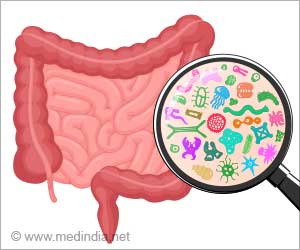An ingredient found in jelly and jam could help prevent the spread of cancer, according to researchers at the Institute of Food Research.
An ingredient found in jelly and jam could help prevent the spread of cancer, according to researchers at the Institute of Food Research.
They found that pectin, a natural fibre found in fruit and vegetables and widely used in food processing, played a role in fighting the progress of the disease.Lab tests showed that pectin binds to and is believed to inhibit galectin 3 (Gal3), a protein that plays a role in all stages of cancer progression.
"Most claims for the anticancer effects of foods are based on population studies. For this research we tested a molecular mechanism and showed that it is viable, "said Professor Vic Morris from the Institute of Food Research.
Previous studies have identified a strong link between eating lots of fibre and a lower risk of cancers of the gastrointestinal tract but exactly how fibre exerts a protective effect is unknown.
Pectin is better known for its jam-setting qualities and as being a component of dietary fibre. The present study supports a more exciting and subtle role.
Interaction between dietary carbohydrates and mammalian proteins, of which this research is an example, may provide an explanation.
Advertisements
"For a whole combination of different effects it is best to consistently eat a range of fruits, vegetables and high-fibre foods. You don’t necessarily have to eat a superfood," said Morris.
Advertisements
The research could result in functional foods with added bioactive pectin as well as providing more conclusive evidence for the importance of a eating at least your ''5-a-day''.
"This first step opens the way to a new and exciting area of research in bioactive carbohydrates,” said Morris.
The study is published in The FASEB Journal.
Source-ANI
RAS/SK








